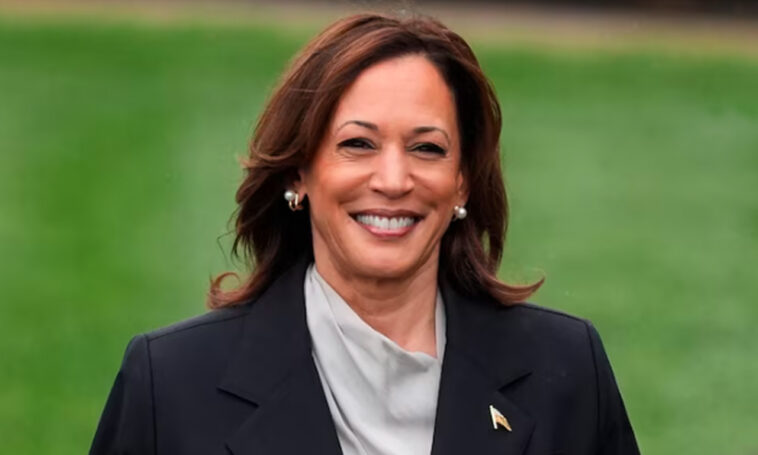Christopher Kohls sues California after the state enacts laws restricting the use of AI-generated political deepfakes.
The creator of a controversial parody video featuring Kamala Harris is taking legal action against the state of California. Christopher Kohls, known as “Mr. Reagan” on X, formerly Twitter, filed a lawsuit after Governor Gavin Newsom signed laws aimed at restricting the use of digitally altered political content, commonly referred to as “deepfakes.” Kohls argues that these laws violate his First and Fourteenth Amendment rights.
The video in question was posted in July and features AI-generated clips that mimic Harris’s voice. In the video, she refers to herself as the “ultimate diversity hire.” This content was labeled as a parody by Kohls but gained significant attention after it was shared by Elon Musk, the owner of X. Musk’s endorsement led to widespread outrage, prompting Governor Newsom to take action. The governor stated his intent to ban deceptive political content and signed laws aimed at regulating such materials.
“Requiring them to use the word “parody” on the actual video avoids further misleading the public as the video is shared across the platform,” Gardon explained.
A spokesperson for Governor Newsom, Izzy Gardon, defended the new laws. She stated that Kohls had already labeled his post as a parody on X. She also noted that other states have implemented similar disclosure laws without issues, suggesting that California’s regulations are not excessively burdensome.
Kohls’s video sparked heated discussions about the use of artificial intelligence in political campaigns. Following the video’s release, Newsom vowed to take steps against what he called “deepfake” content, suggesting that it could mislead voters. His response culminated in the signing of the new laws on September 17, 2024.
The lawsuit, filed in federal court, seeks permanent injunctions against the newly enacted laws. Kohls argues that the governor’s actions infringe on his rights as a creator and comedian. He insists that political satire and parody are protected forms of expression under the First Amendment. Kohls contends that the laws are an attempt to silence voices that challenge political narratives.
One of the laws Kohls is contesting is the Defending Democracy from Deepfake Deception Act. This law, according to its language, does not apply to satire or parody content. However, it does require large online platforms to remove or label deceptive, digitally altered media, particularly around election times. This has raised concerns among creators about how such regulations could impact their ability to produce satirical content.
The debate surrounding deepfake technology is growing as more creators experiment with AI to produce content. Advocates for free speech argue that these laws could stifle creativity and political expression. Conversely, proponents of the new regulations assert that they are necessary to maintain the integrity of the electoral process. They believe that deceptive practices could lead to misinformation, ultimately undermining democracy.
Kohls’s lawsuit underscores a critical tension between freedom of expression and the need for regulation in the digital age. As technology evolves, the legal framework surrounding it must also adapt. Many observers are watching this case closely, as it could set a precedent for how AI-generated content is treated in the realm of political discourse.
While the laws are designed to combat potential voter deception, Kohls’s legal challenge highlights concerns about censorship and the chilling effect that regulations can have on creative expression. The outcome of this case may influence how states approach similar legislation in the future.
As the legal proceedings continue, the intersection of technology, politics, and free speech remains a hot topic. Kohls’s situation raises important questions about the role of satire in political dialogue. He believes that the ability to parody and critique public figures is a vital part of a democratic society.
To quote Christopher Kohls, “Political satire is a fundamental First Amendment right.” This assertion reflects his belief that creators should be free to express their views, even when they utilize new technologies like AI. As the case unfolds, it is clear that the discussion around deepfakes and political expression is just beginning.



